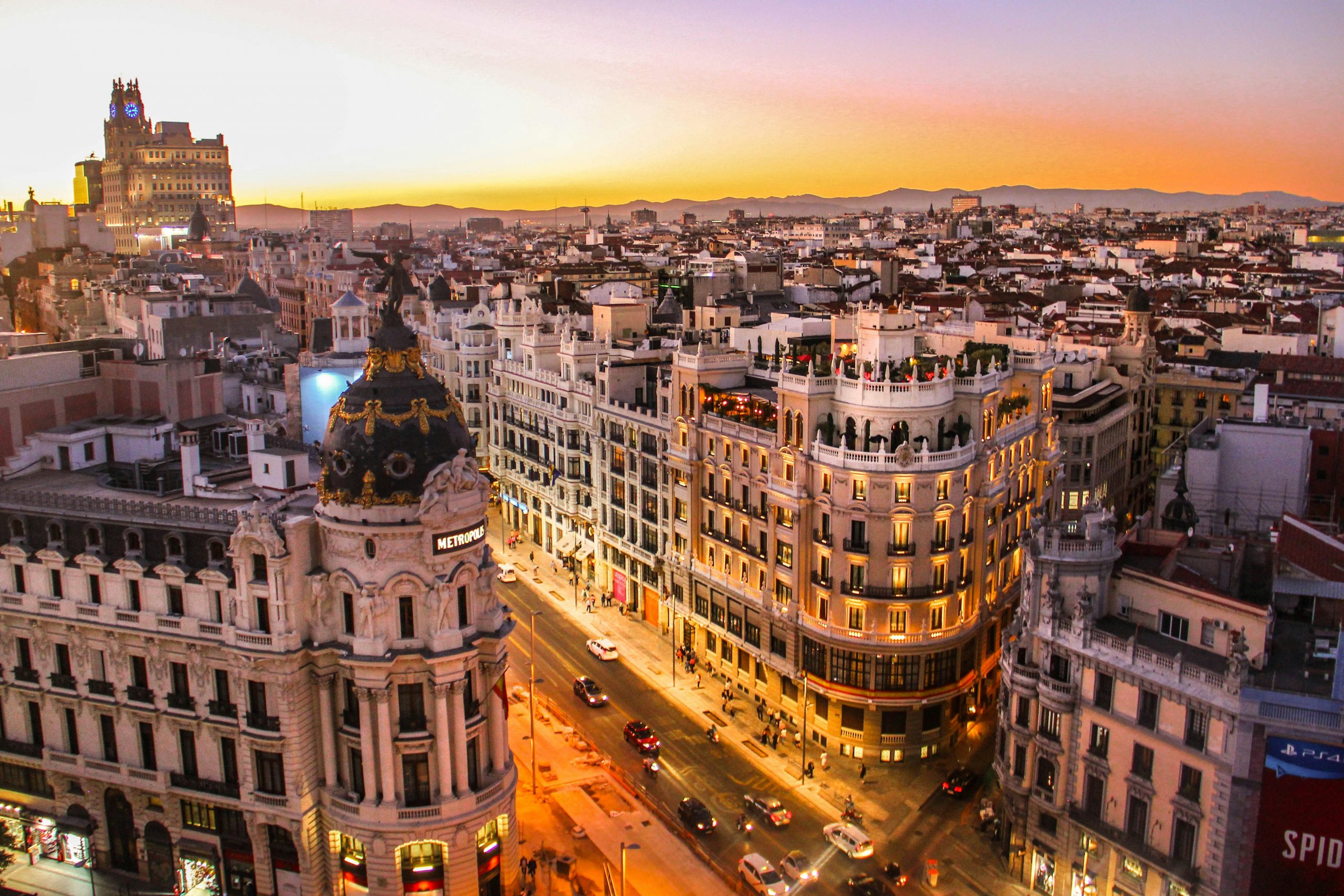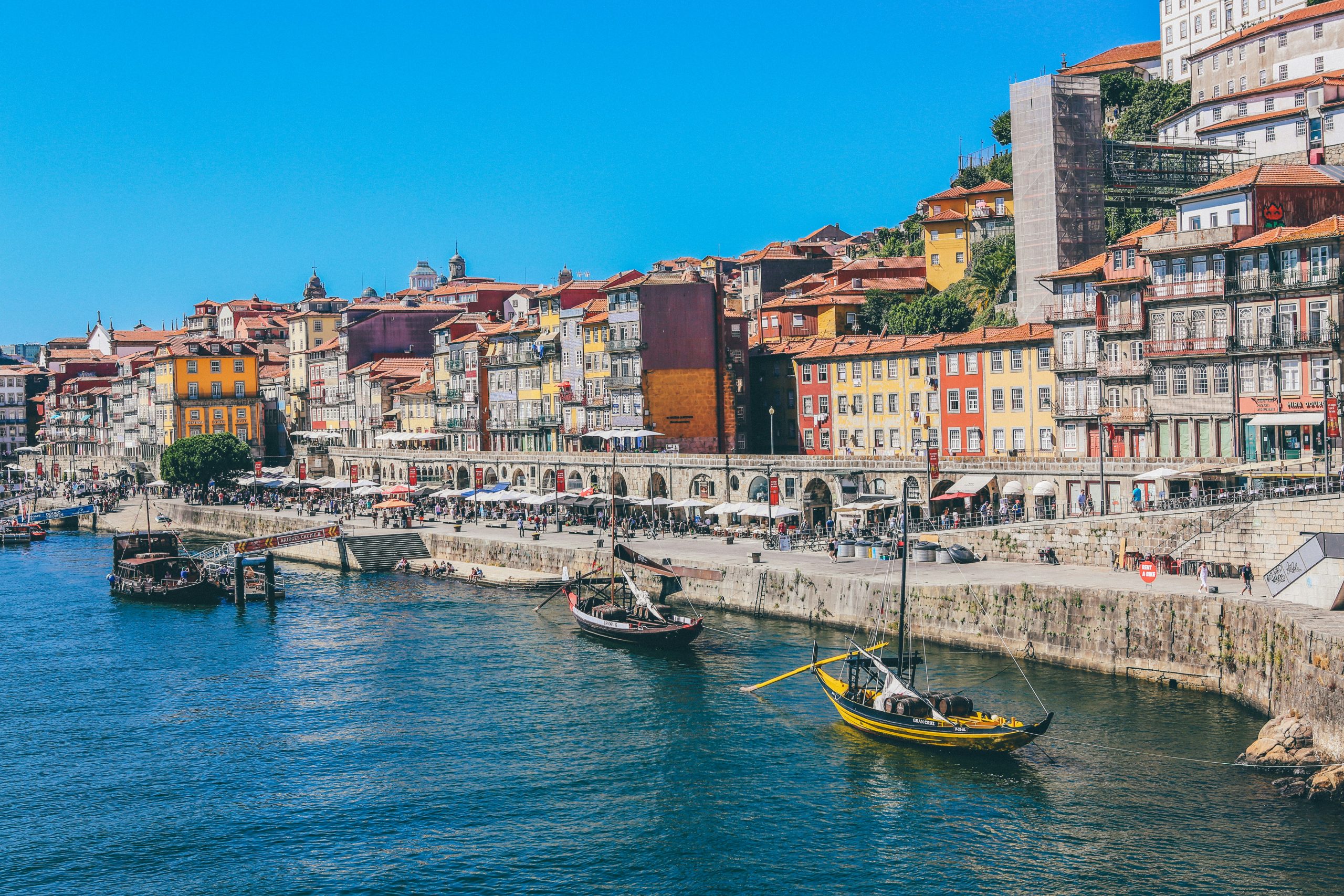✈️ Introduction
The world of work has changed dramatically. With millions of professionals now able to work remotely, governments across the globe have started rolling out Digital Nomad Visas (DNVs) and related permits. These visas allow location-independent workers—freelancers, entrepreneurs, or employees of foreign companies—to live legally in a country while working remotely.
From Europe’s historic cities to tropical islands, there are now over 50 countries offering official or semi-official digital nomad programs. But each program is different: some require high minimum incomes, others are affordable and welcoming to families, and a few even provide tax incentives.
This comprehensive guide lists all the countries currently offering Digital Nomad or Freelance Visas in 2025. For each country, we highlight the duration, income requirements, application process, and unique advantages—so you can choose the destination that best fits your lifestyle and career.
🇪🇸 Spain
- Visa Type: Digital Nomad Visa (Startup Act 2023)
- Duration: 1 year, renewable up to 5 years total
- Income Requirement: Around €2,160/month (200% of Spanish minimum wage)
- Key Benefits:
- Full access to Schengen Area (26 European countries)
- Warm climate and diverse lifestyle (beaches, mountains, cities)
- Low tax rates for some applicants under Spain’s “Beckham Law”
- Challenges: High demand, bureaucratic delays, and higher cost of living in Madrid/Barcelona
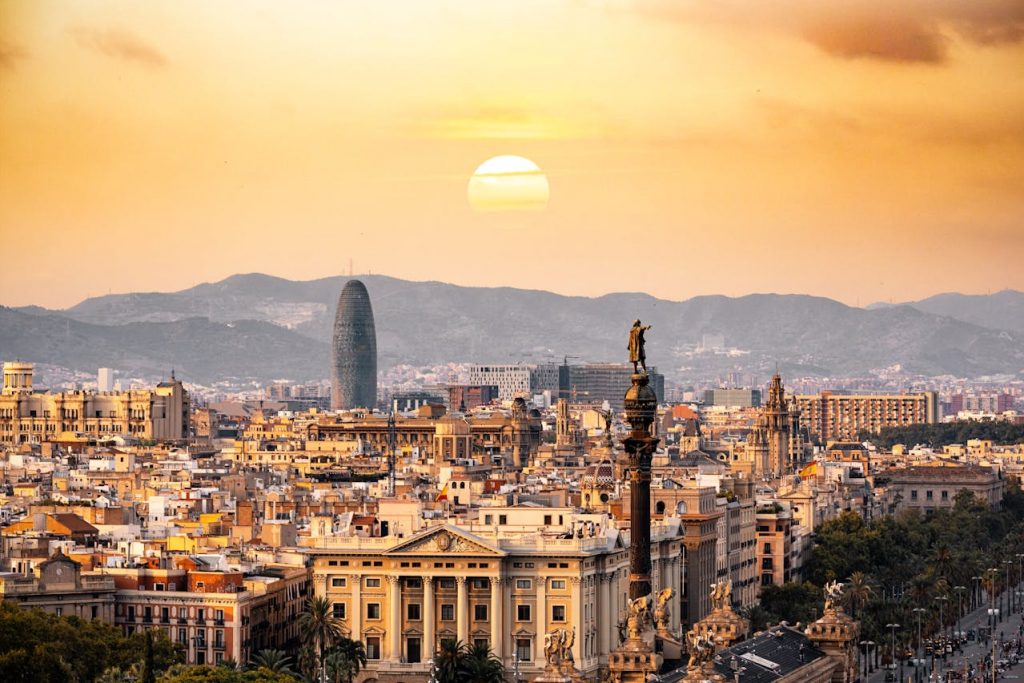
🇵🇹 Portugal
- Visa Type: Digital Nomad Visa (Temporary Stay / Residence)
- Duration: Temporary stay up to 1 year, Residence Visa renewable up to 5 years
- Income Requirement: €3,280/month (4x Portuguese minimum wage)
- Key Benefits:
- Access to Schengen Area
- Thriving expat and remote worker communities (Lisbon, Porto, Madeira)
- Affordable lifestyle compared to other Western European nations
- Challenges: Application process is strict, housing prices are rising rapidly
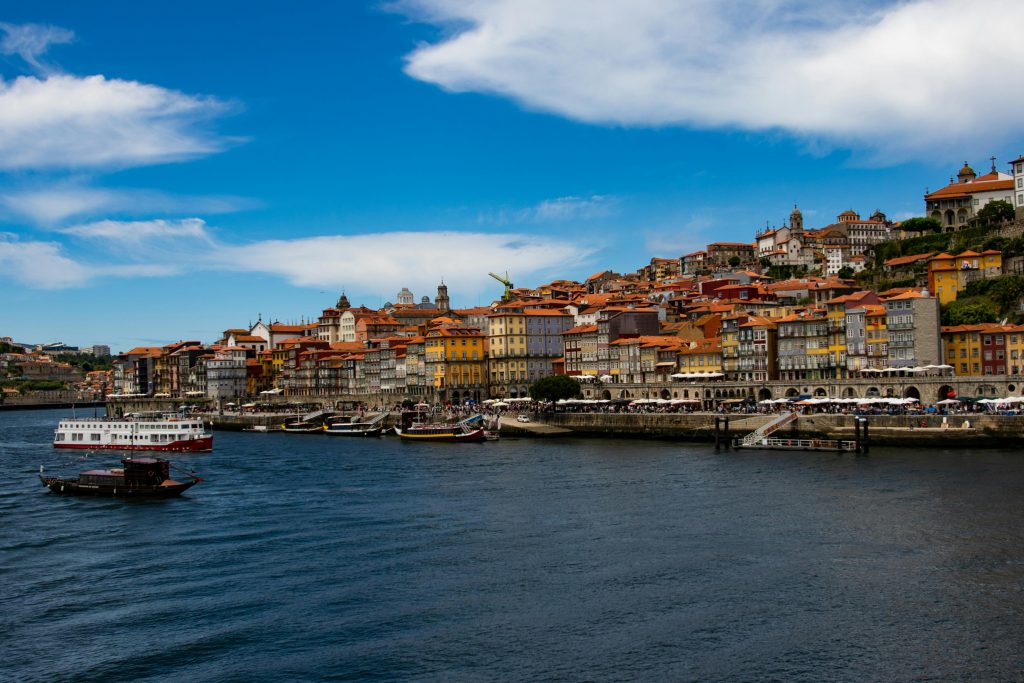
🇪🇪 Estonia
- Visa Type: Digital Nomad Visa (pioneered in 2020)
- Duration: 1 year
- Income Requirement: ~€4,500/month proven over last 6 months
- Key Benefits:
- Estonia was the first country to launch a DNV
- Extremely digital-friendly (e-Residency, e-Government)
- Stable EU country with Schengen access
- Challenges: High income threshold, cold winters
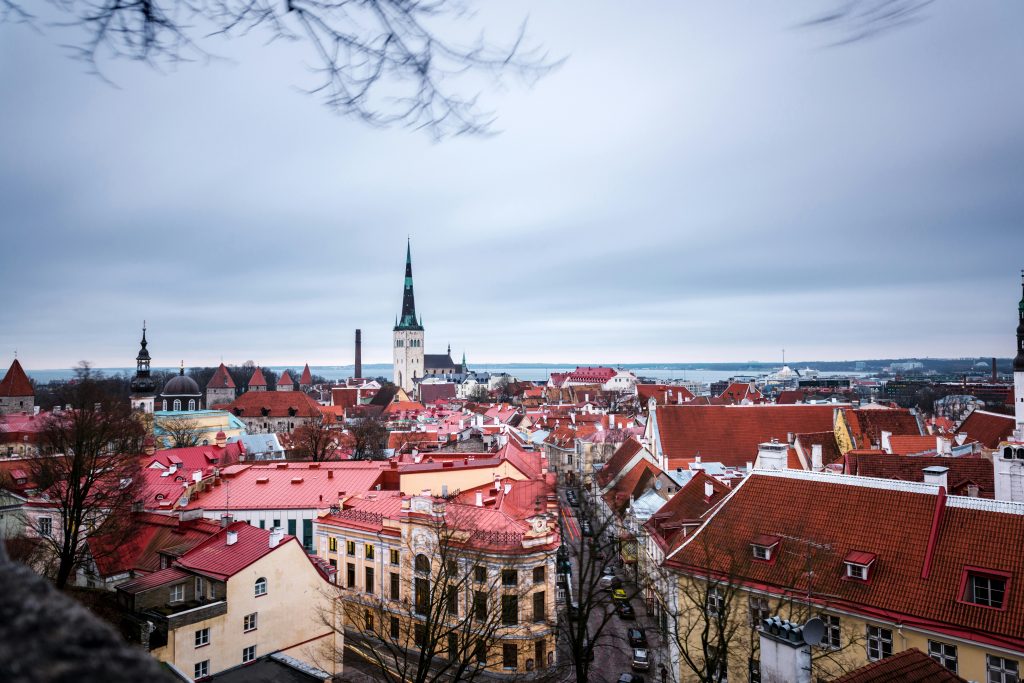
🇩🇪 Germany
- Visa Type: Freelance Visa (“Freiberufler”)
- Duration: 6 months to 3 years, renewable
- Income Requirement: No fixed number; must prove “sufficient income” and clients
- Key Benefits:
- Huge economy with abundant business opportunities
- Central Europe location for travel
- High standard of living, great healthcare
- Challenges: Complicated paperwork, German language requirements, higher taxes

🇨🇷 Costa Rica
- Visa Type: Rentista Visa / Remote Worker Visa
- Duration: 1 year, renewable for another year
- Income Requirement: $3,000/month (single) or $4,000/month (with family)
- Key Benefits:
- “Pura Vida” lifestyle with beaches, jungles, and friendly locals
- Tax-free on foreign income
- Great healthcare system
- Challenges: Slow bureaucracy, some areas have poor infrastructure
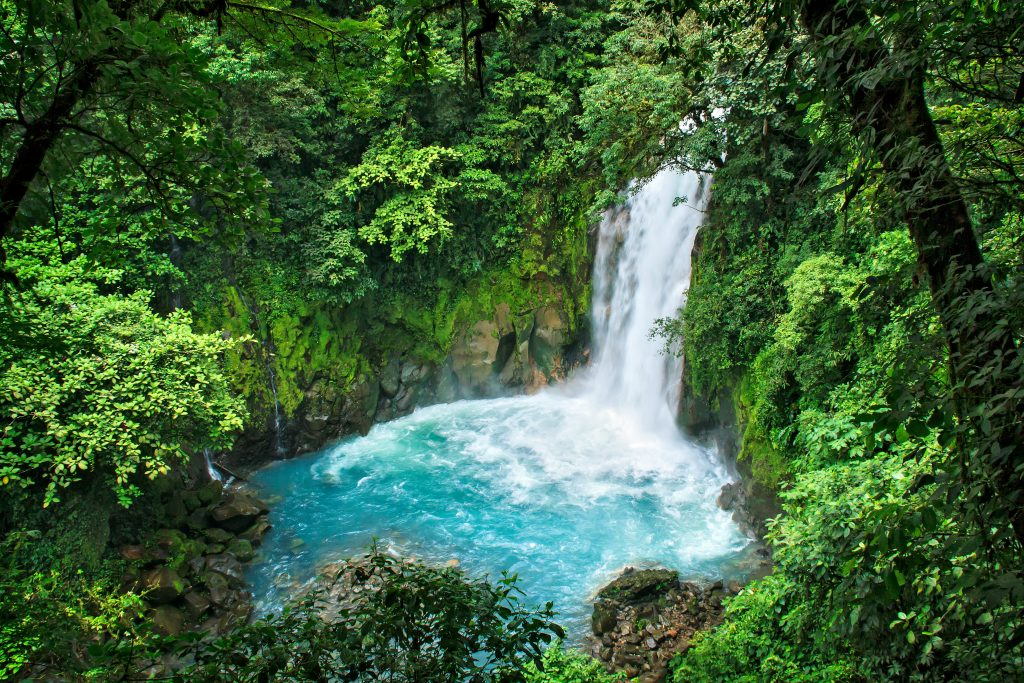
🇲🇽 Mexico
- Visa Type: Temporary Resident Visa (used for digital nomads)
- Duration: 1–4 years
- Income Requirement: $2,600/month income or ~$45,000 savings
- Key Benefits:
- Very popular with U.S. and Canadian nomads
- Affordable cost of living, world-class cuisine, vibrant culture
- Large nomad hubs: Playa del Carmen, Tulum, Mexico City
- Challenges: Safety concerns in some regions, variable visa approval standards
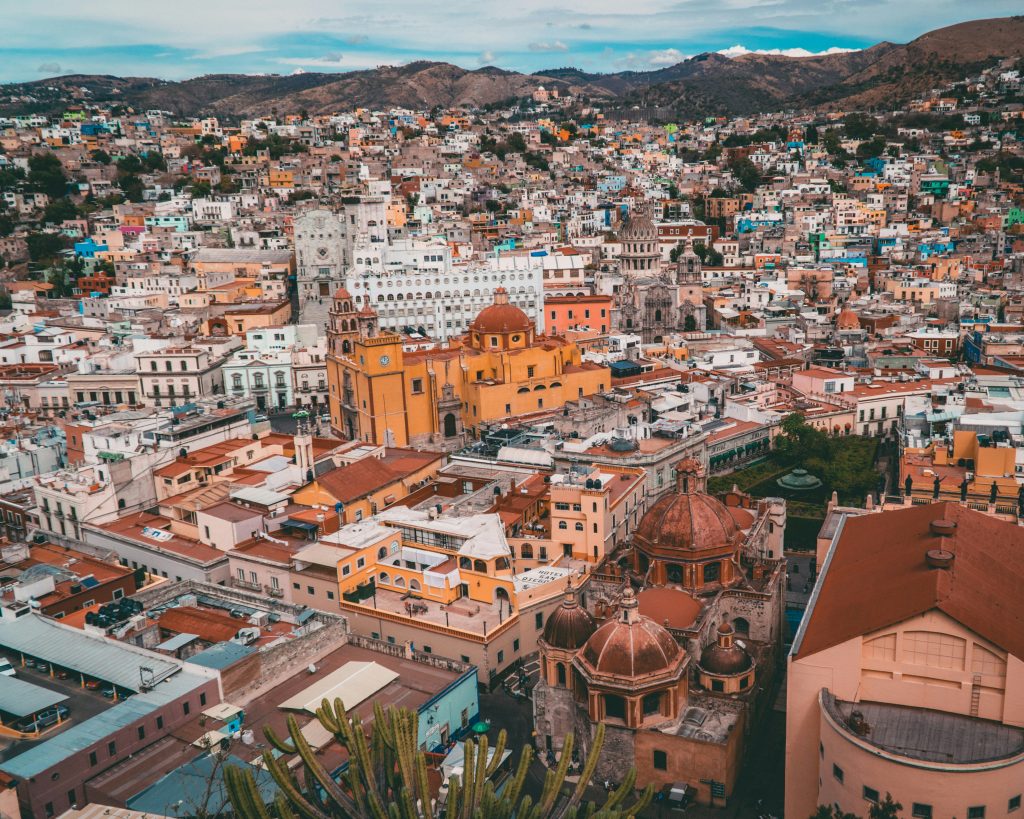
🇦🇪 United Arab Emirates (Dubai, Abu Dhabi)
- Visa Type: Virtual Work Residence Visa
- Duration: 1 year, renewable
- Income Requirement: $5,000/month
- Key Benefits:
- Modern infrastructure, safety, luxury lifestyle
- No income tax
- International travel hub
- Challenges: High cost of living, cultural/legal restrictions

🇭🇷 Croatia
- Visa Type: Digital Nomad Residence Permit
- Duration: Up to 1 year (non-renewable, but you can reapply after 6 months)
- Income Requirement: Approx. €2,300/month or €27,000 in savings
- Key Benefits:
- Stunning Adriatic coast, islands, and historic cities like Dubrovnik and Split
- Affordable cost of living compared to Western Europe
- Growing digital nomad community
- Challenges: Bureaucracy can be slow, healthcare system less advanced than Western EU
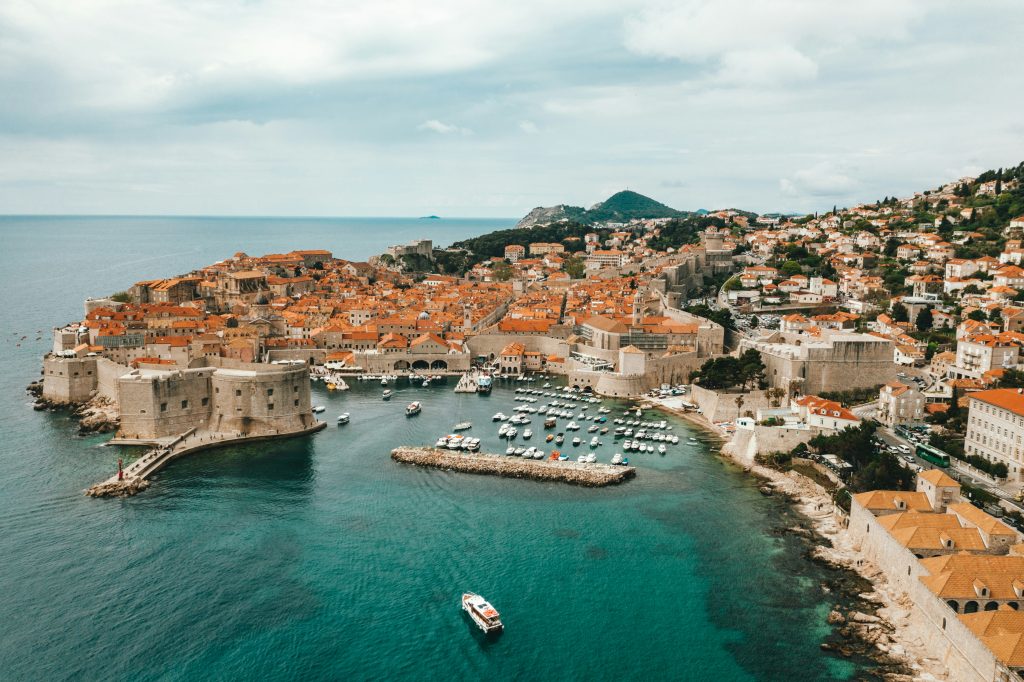
🇬🇷 Greece
- Visa Type: Greece Digital Nomad Visa
- Duration: 1 year, renewable for up to 3 years
- Income Requirement: €3,500/month
- Key Benefits:
- Access to Schengen Area
- Rich history, Mediterranean lifestyle, lower cost of living than Western Europe
- 50% income tax reduction for 7 years (for some applicants)
- Challenges: Bureaucratic delays, economic instability in some sectors
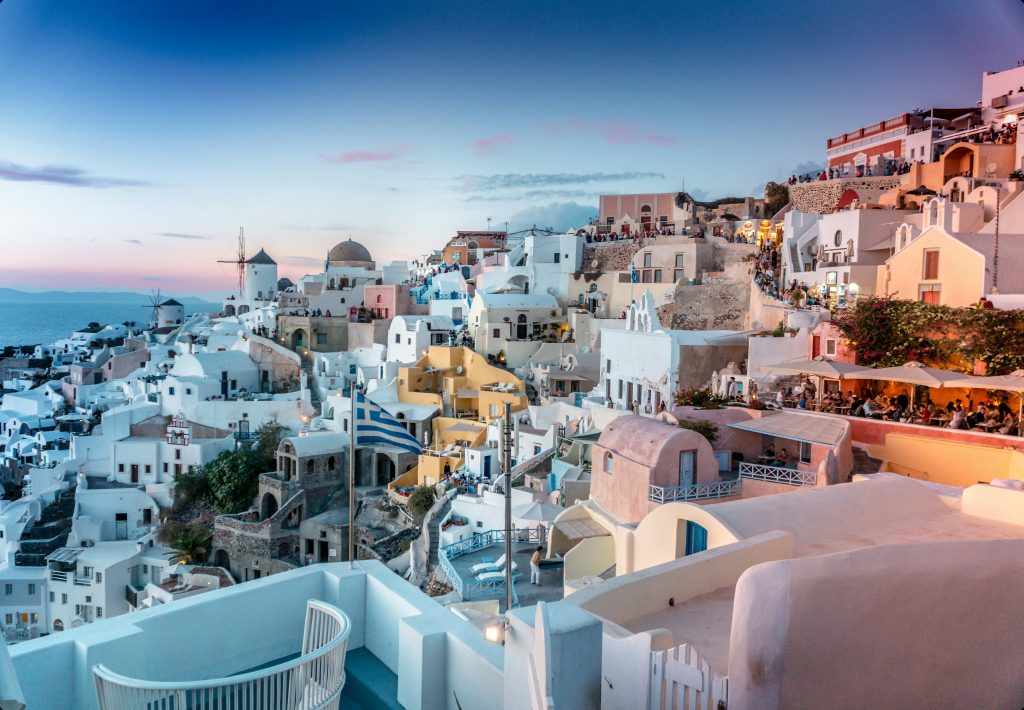
🇮🇹 Italy
- Visa Type: Digital Nomad Visa (launched 2023–2024)
- Duration: 1 year, renewable
- Income Requirement: Expected around €2,500–€3,000/month
- Key Benefits:
- Italy’s culture, food, and history
- Access to EU and Schengen
- Potential tax incentives for new residents
- Challenges: Italian bureaucracy is famously slow, visa is still new with evolving rules
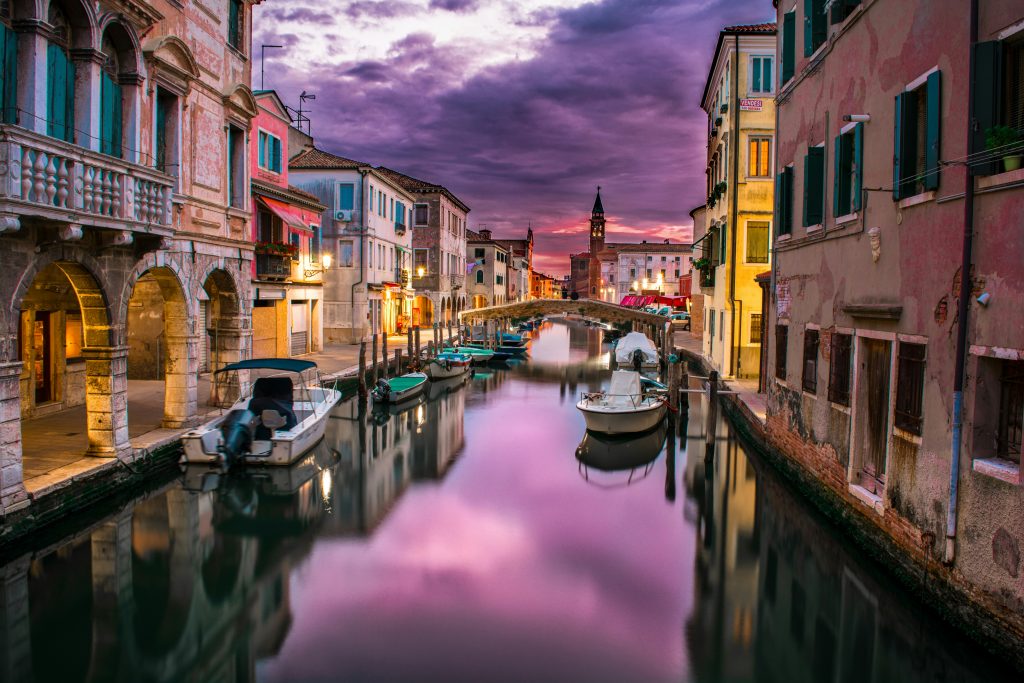
🇲🇹 Malta
- Visa Type: Nomad Residence Permit
- Duration: 1 year, renewable
- Income Requirement: €2,700/month
- Key Benefits:
- English widely spoken, EU membership
- Warm Mediterranean climate
- Access to Schengen travel
- Challenges: Small country with limited space, higher rents in Valletta and Sliema

🇬🇪 Georgia
- Visa Type: Remotely From Georgia Program
- Duration: Up to 1 year
- Income Requirement: Must show proof of stable income (around $2,000/month recommended)
- Key Benefits:
- Visa-free entry for many nationalities, simple process
- Low cost of living, delicious cuisine, and mountain landscapes
- 0% tax for freelancers if income is foreign-sourced
- Challenges: Infrastructure outside Tbilisi and Batumi can be limited
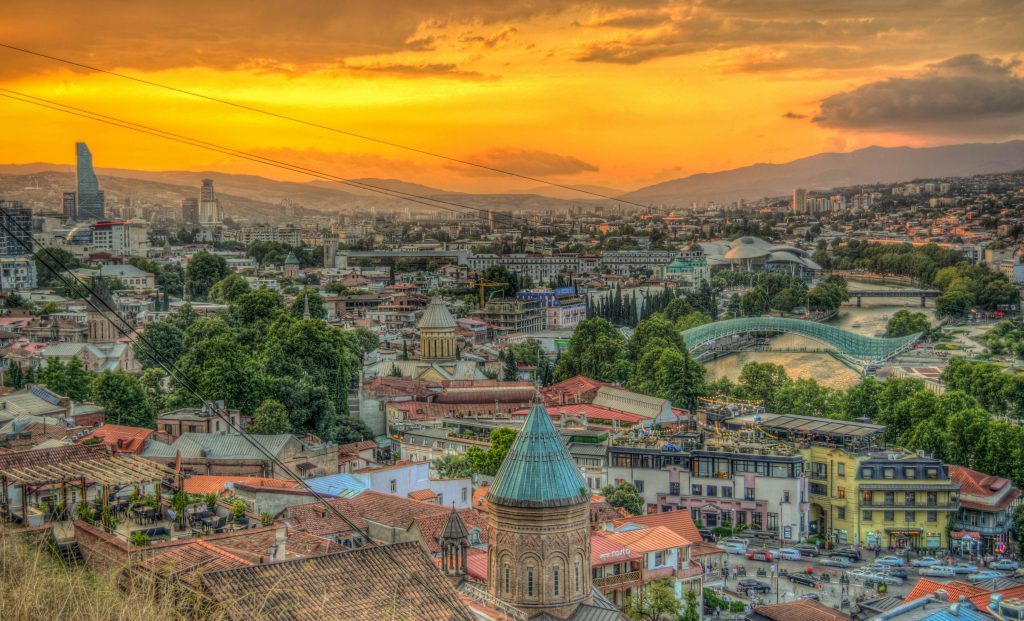
🇮🇩 Indonesia (Bali)
- Visa Type: Second Home Visa (5–10 years), B211A Business Visa, and upcoming Digital Nomad Visa programs
- Duration: Varies (6 months to 5 years)
- Income Requirement: For long-term Second Home Visa: $130,000 proof of funds; shorter visas require less
- Key Benefits:
- Bali is one of the world’s top digital nomad hubs
- Affordable lifestyle, co-working culture, vibrant community
- Stunning nature, beaches, and wellness lifestyle
- Challenges: Visa rules are complex, frequent changes, and traffic/infrastructure issues in Bali

🇹🇭 Thailand
- Visa Type: Long-Term Resident Visa (LTR) and Smart Visa for professionals
- Duration: 5–10 years for LTR, shorter for Smart Visa
- Income Requirement: High for LTR ($80,000/year) but other visas have lower thresholds
- Key Benefits:
- Popular nomad hubs like Chiang Mai, Bangkok, Phuket
- Low cost of living and world-class street food
- Warm culture and diverse landscapes
- Challenges: High income requirement for official nomad visas, but many use tourist visa renewals
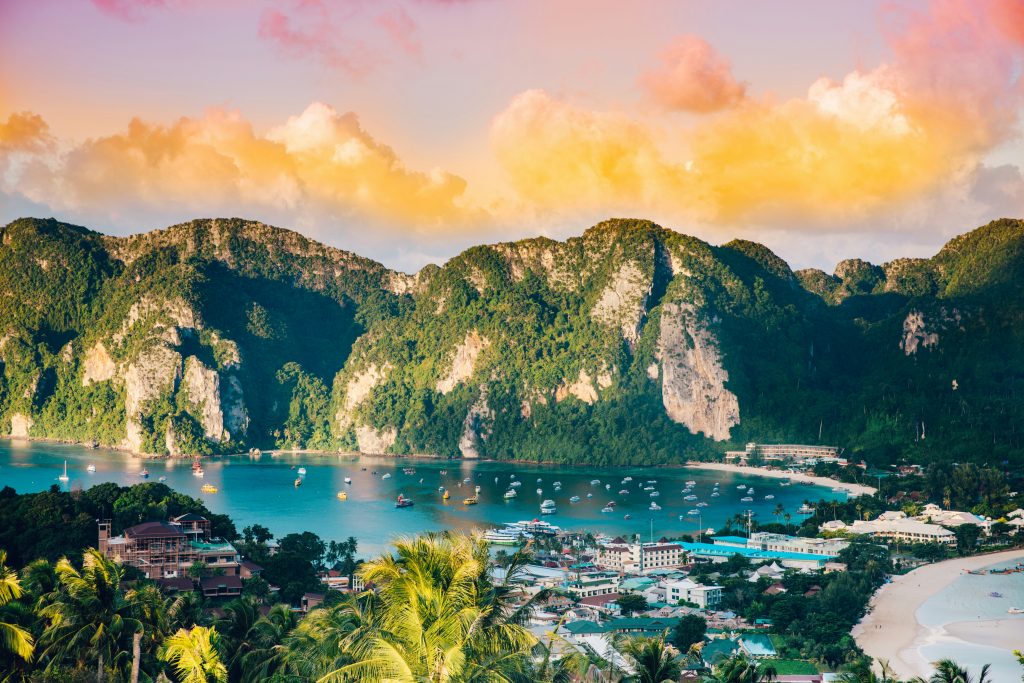
🇧🇷 Brazil
- Visa Type: Digital Nomad Visa (launched 2022)
- Duration: 1 year, renewable for another year
- Income Requirement: $1,500/month or $18,000 in savings
- Key Benefits:
- Vibrant cities (Rio, São Paulo) and natural wonders (Amazon, beaches)
- Lower cost of living than many Western countries
- Warm climate and welcoming culture
- Challenges: Safety concerns in some regions, bureaucracy can be tricky
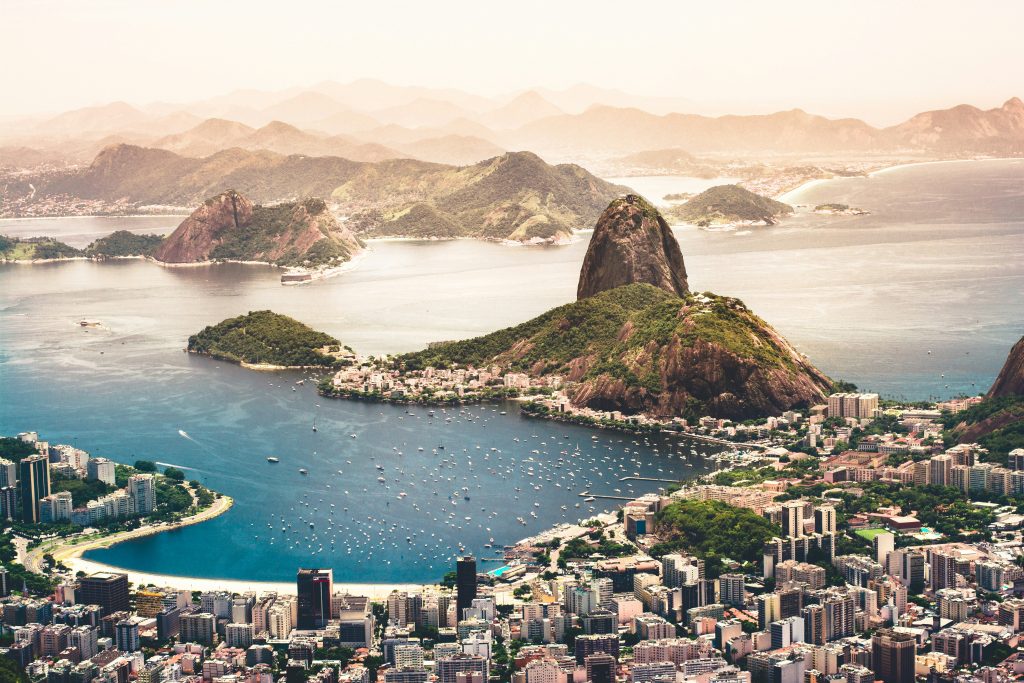
🇨🇾 Cyprus
- Visa Type: Cyprus Digital Nomad Visa
- Duration: 1 year, renewable for 2 more years
- Income Requirement: Around €3,500/month minimum income
- Key Benefits:
- Mediterranean island lifestyle with sunny weather almost year-round
- English widely spoken, especially in business
- Low corporate tax system for those who later establish companies
- Challenges:
- Small market with limited opportunities outside remote work
- Housing prices in Nicosia and Limassol are increasing
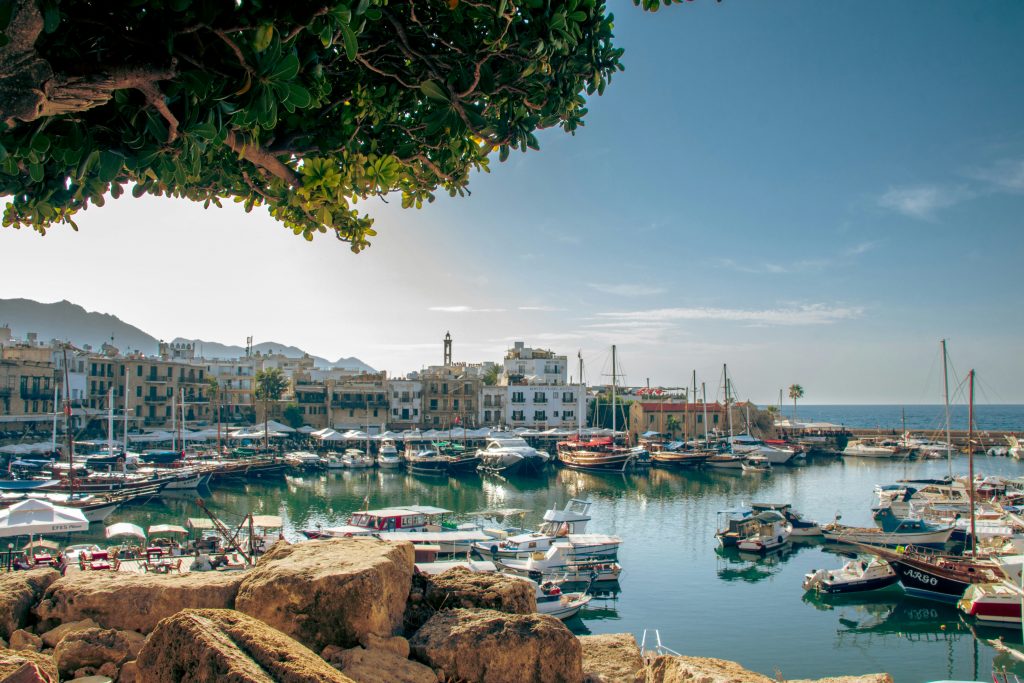
🇭🇺 Hungary
- Visa Type: White Card (Digital Nomad Residence)
- Duration: 1 year, renewable for another year (max 2 years)
- Income Requirement: Around €2,000–€2,500/month foreign-sourced income
- Key Benefits:
- Budapest is a major digital nomad hub with affordable cafés and co-working spaces
- Lower cost of living than Western Europe
- Schengen member state for travel convenience
- Challenges:
- You cannot work for local employers under this visa
- Language barrier with official paperwork
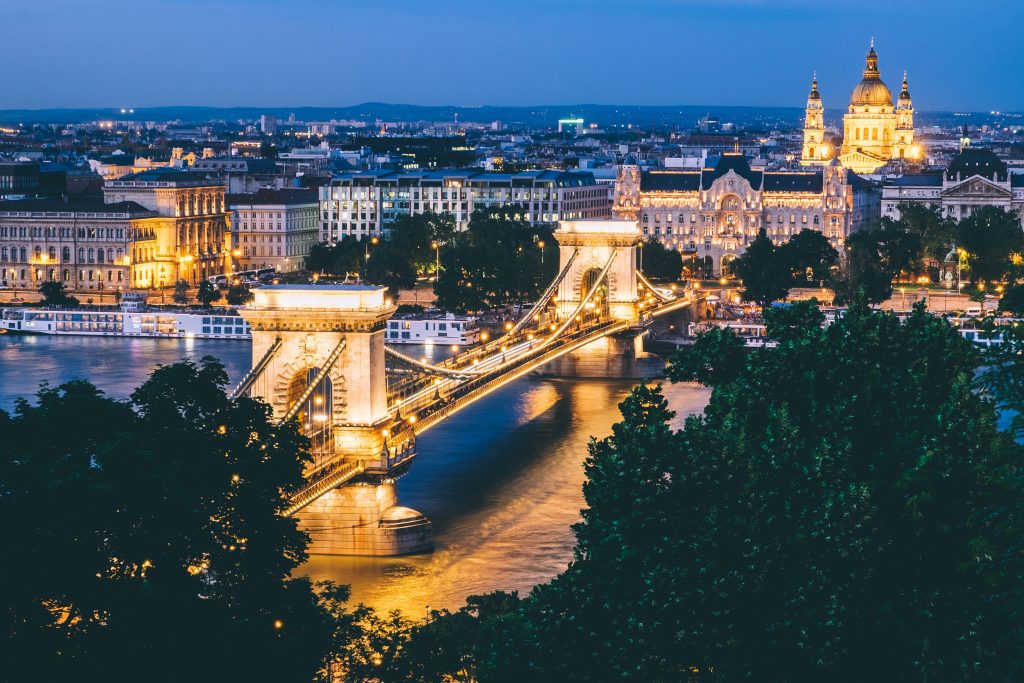
🇷🇴 Romania
- Visa Type: Digital Nomad Visa
- Duration: 1 year, renewable
- Income Requirement: Approx. €3,300/month (3x national average salary)
- Key Benefits:
- Lightning-fast internet and low cost of living
- Vibrant cities like Cluj-Napoca and Bucharest are tech-friendly
- EU member state with increasing digital nomad awareness
- Challenges:
- High income threshold relative to cost of living
- Bureaucracy can be slow
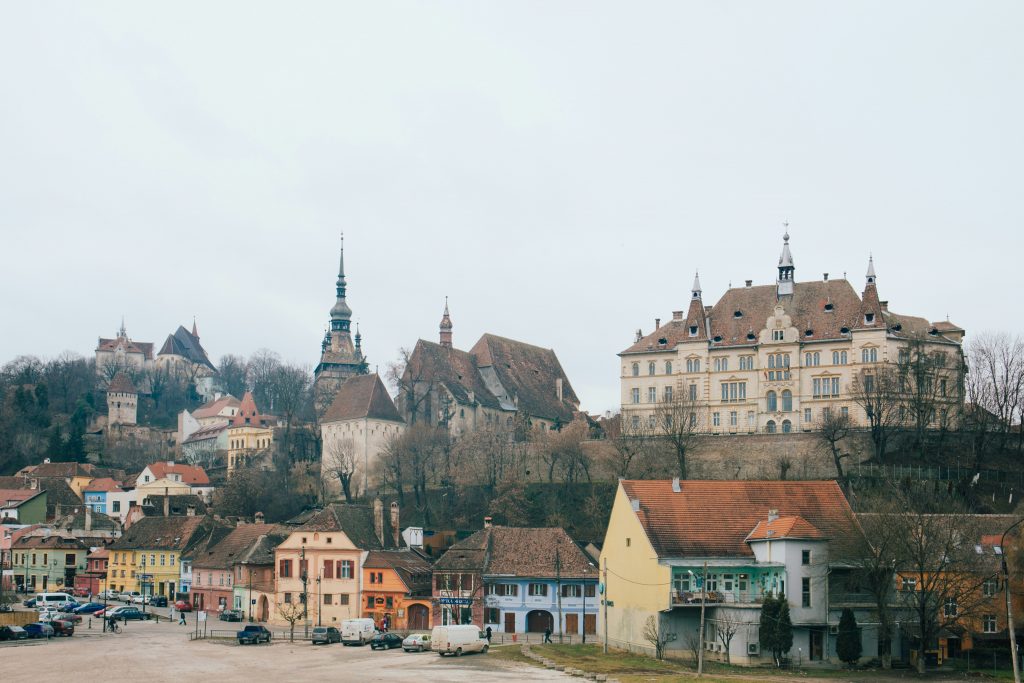
🇦🇱 Albania
- Visa Type: Unique Permit (includes remote work)
- Duration: 1–2 years, renewable
- Income Requirement: Proof of steady foreign income and accommodation
- Key Benefits:
- Very affordable cost of living
- Scenic Adriatic coastline and growing expat hubs in Tirana and Sarandë
- Easy visa process and long stays allowed for many nationalities
- Challenges:
- Not part of Schengen/EU, so travel benefits are limited
- Infrastructure still developing outside major cities
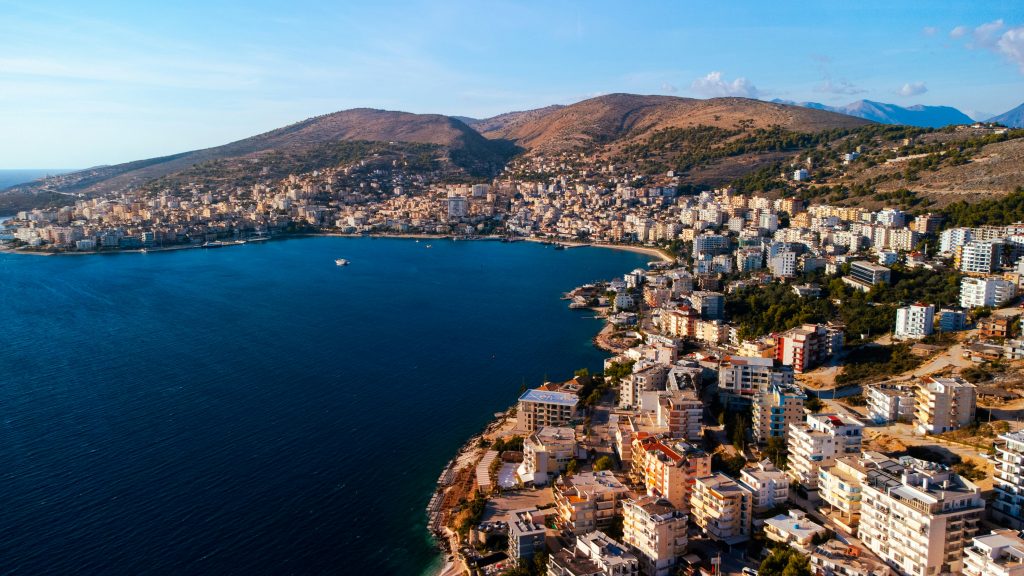
🇮🇸 Iceland
- Visa Type: Remote Work Long-Term Visa
- Duration: Up to 6 months
- Income Requirement: Very high — about ISK 1 million/month (~€6,500)
- Key Benefits:
- Safe, clean, and modern with excellent infrastructure
- Unique natural beauty — volcanoes, glaciers, hot springs
- English widely spoken
- Challenges:
- Very short visa compared to others
- One of the most expensive countries in the world

🇨🇿 Czech Republic
- Visa Type: Freelancer Visa (Živnostenský list)
- Duration: 1 year, renewable
- Income Requirement: Proof of sufficient freelance contracts and income
- Key Benefits:
- Prague is one of Europe’s most beautiful cities with a lively expat community
- Central European location with affordable travel to neighboring countries
- Lower cost of living than Western EU
- Challenges:
- Not a true “digital nomad visa,” but a freelancer route
- Requires Czech trade license and local address
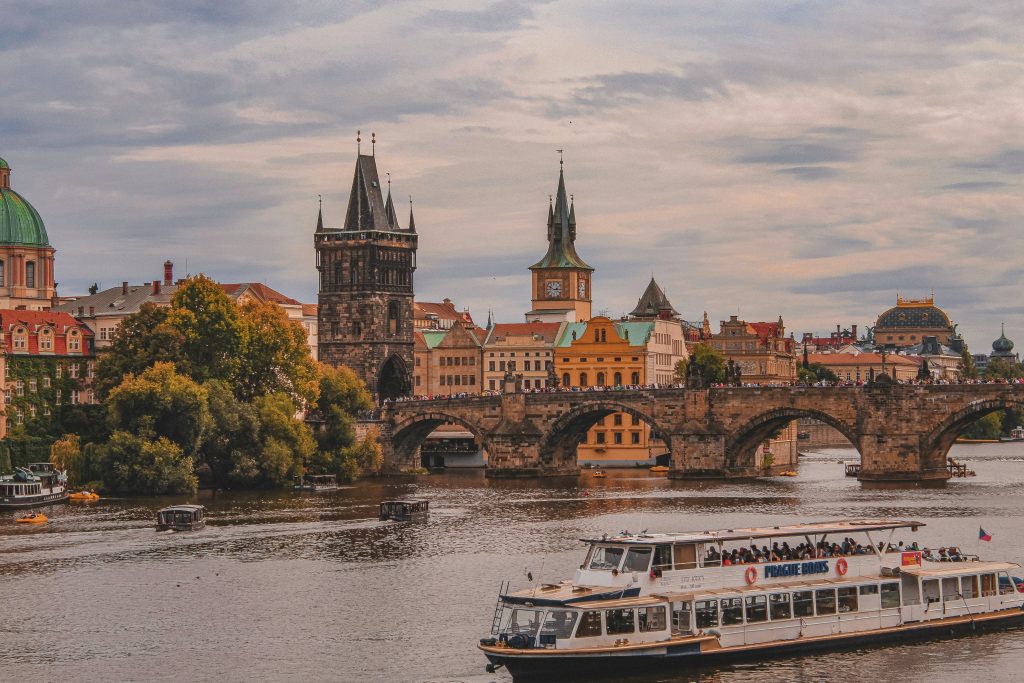
🇲🇾 Malaysia
- Visa Type: DE Rantau Pass (Digital Nomad Visa)
- Duration: 3–12 months, renewable
- Income Requirement: Around $24,000/year (remote work in IT, digital, and creative industries)
- Key Benefits:
- Affordable cost of living and excellent food scene
- Strong digital infrastructure in Kuala Lumpur and Penang
- English widely spoken
- Challenges:
- Limited to certain professional sectors
- Bureaucracy may be slower for foreigners

🇯🇵 Japan
- Visa Type: Digital Nomad Visa (launched in 2024)
- Duration: Up to 6 months
- Income Requirement: ¥10 million/year (~$65,000) and health insurance
- Key Benefits:
- Ultra-modern infrastructure, safety, and efficiency
- Rich cultural experiences and world-class cuisine
- Reliable public transportation system
- Challenges:
- Very high income requirement
- Only certain nationalities are eligible
- Short visa length compared to others

🇰🇷 South Korea
- Visa Type: Workation / Digital Nomad Visa (2024)
- Duration: Up to 1 year
- Income Requirement: Remote work proof with above-average income and insurance
- Key Benefits:
- Tech-forward cities like Seoul and Busan
- Extremely fast internet and strong infrastructure
- Vibrant pop culture and dynamic lifestyle
- Challenges:
- Cost of living in Seoul is high
- Bureaucracy and strict rules on eligibility
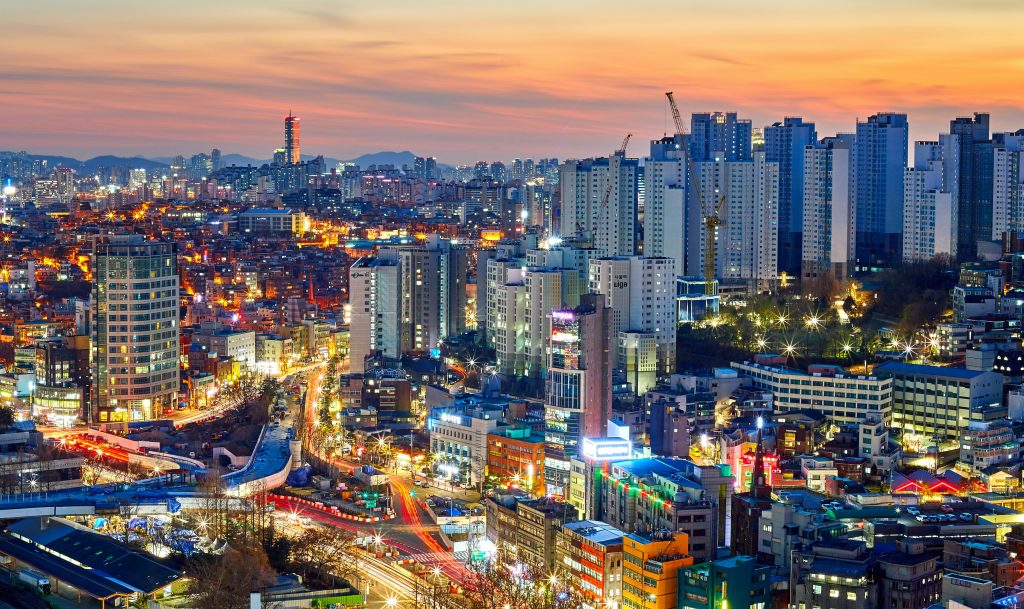
🇹🇷 Türkiye
- Visa Type: Turkey Digital Nomad Visa (new program 2024)
- Duration: 1 year, extendable
- Income Requirement: Proof of foreign employment, degree, and insurance
- Key Benefits:
- Istanbul is a global hub bridging Europe and Asia
- Affordable lifestyle and rich cultural heritage
- Beaches and resorts in Antalya are popular nomad hubs
- Challenges:
- New program, so regulations may change
- Currency volatility
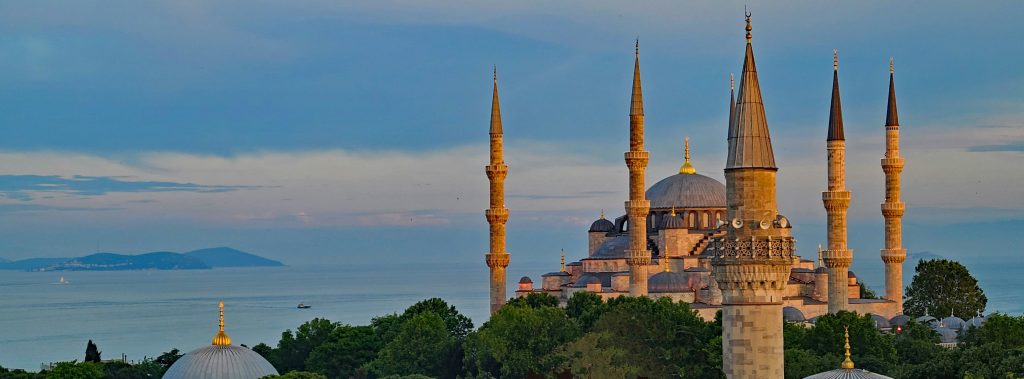
🇲🇺 Mauritius
- Visa Type: Premium Visa
- Duration: 1 year, renewable
- Income Requirement: Proof of sufficient funds and insurance
- Key Benefits:
- Island paradise with a safe and stable environment
- Attractive tax benefits for foreign-sourced income
- English and French widely spoken
- Challenges:
- Higher prices due to import reliance
- Remote island location with limited direct flights
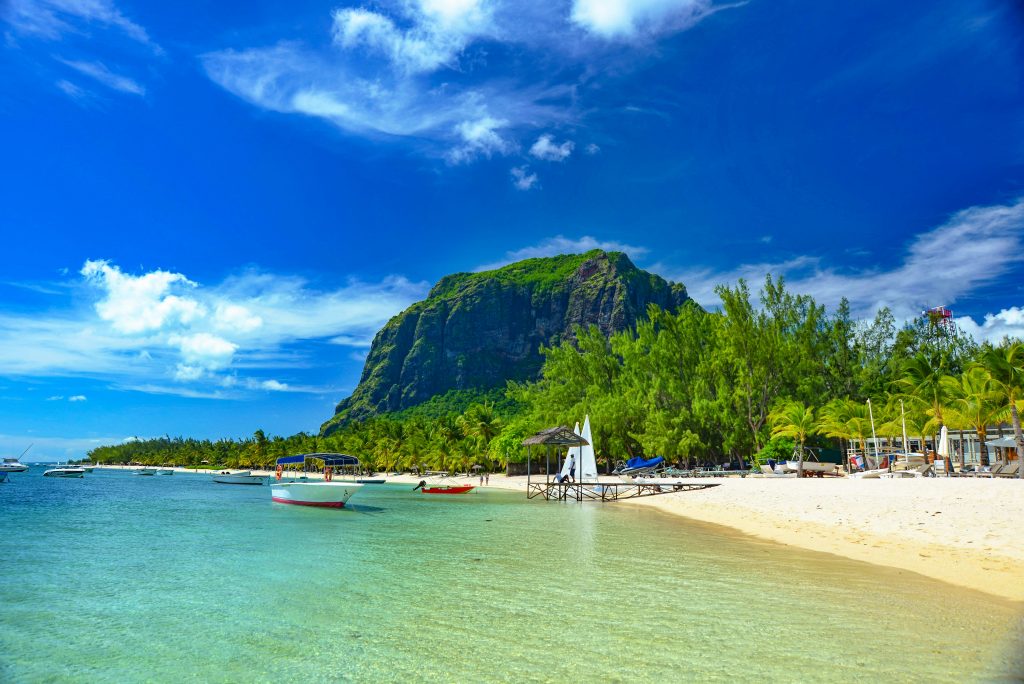
🇵🇦 Panama
- Visa Type: Short Stay Remote Worker Visa
- Duration: 9 months, renewable once
- Income Requirement: Around $3,000/month
- Key Benefits:
- USD-linked economy and strong banking system
- Panama City is a modern hub for remote work
- Convenient flight connections to the Americas
- Challenges:
- Rainy tropical climate with high humidity
- Urban areas can be expensive
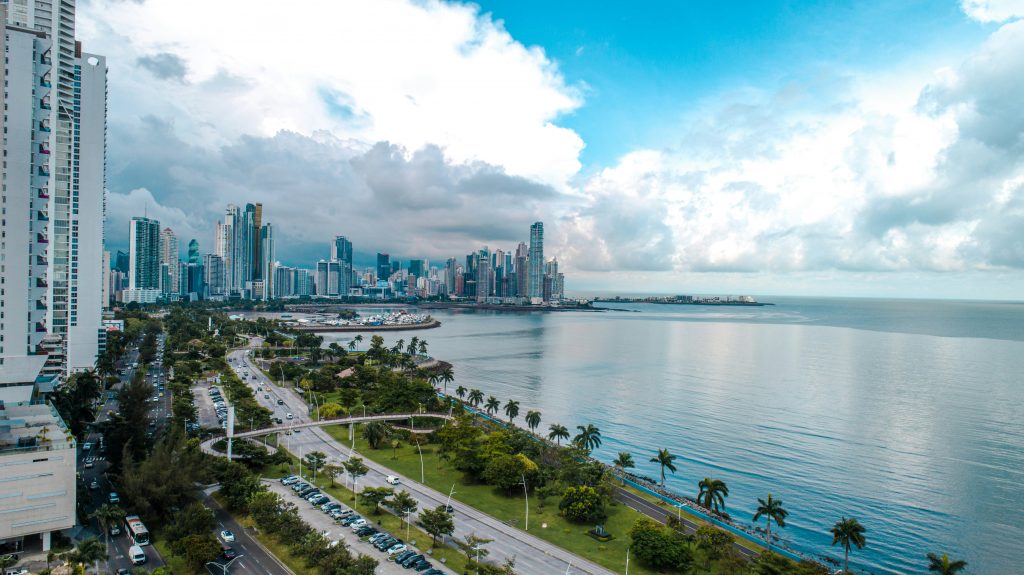
🇨🇴 Colombia
- Visa Type: Digital Nomad Visa (Type V)
- Duration: Up to 2 years
- Income Requirement: 3x Colombian minimum wage (~$900/month)
- Key Benefits:
- Medellín is one of the world’s top nomad hubs
- Very affordable cost of living
- Beautiful nature from Amazon to Andes
- Challenges:
- Safety concerns in some areas
- Spanish needed outside tourist hubs
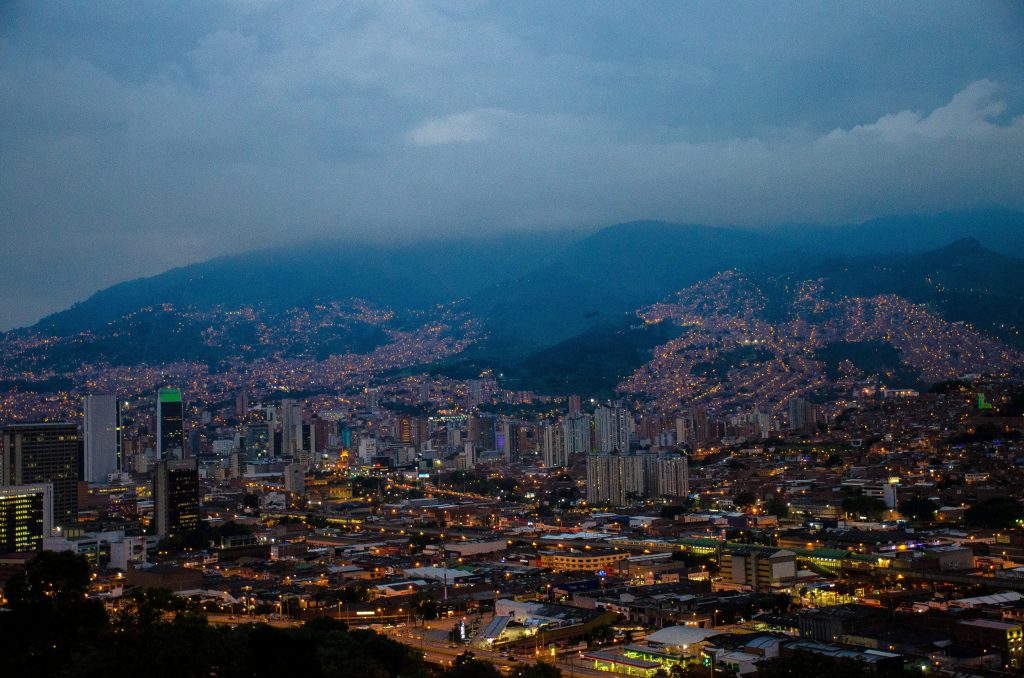
🌴 Caribbean & Island Nations Offering Digital Nomad Visas
🇧🇧 Barbados
- Visa Type: Barbados Welcome Stamp
- Duration: 12 months
- Income Requirement: At least US$50,000/year in income
- Key Benefits:
- Tropical paradise with friendly, English-speaking locals
- Good air links to North America and Europe
- Growing remote work infrastructure
- Challenges:
- Hurricane season can disrupt travel
- Higher living costs due to imports
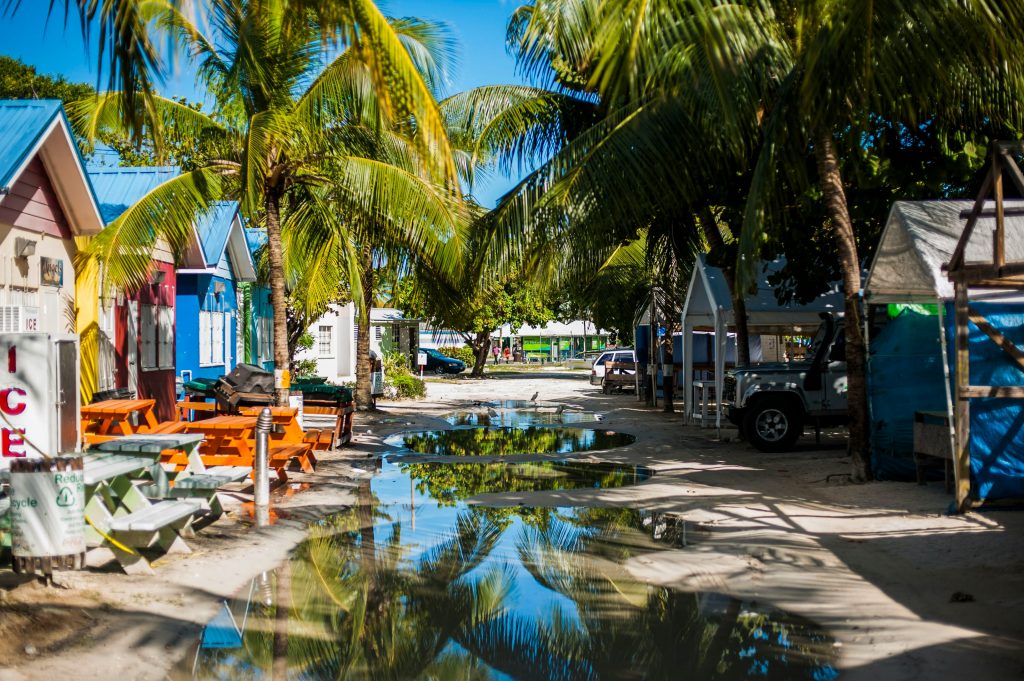
🇧🇲 Bermuda
- Visa Type: Work from Bermuda Certificate
- Duration: 1 year
- Income Requirement: Proof of stable remote income + insurance
- Key Benefits:
- Safe, clean, and modern with fast internet
- English-speaking, easy communication
- Simple online application process
- Challenges:
- Very high cost of living
- Limited housing options
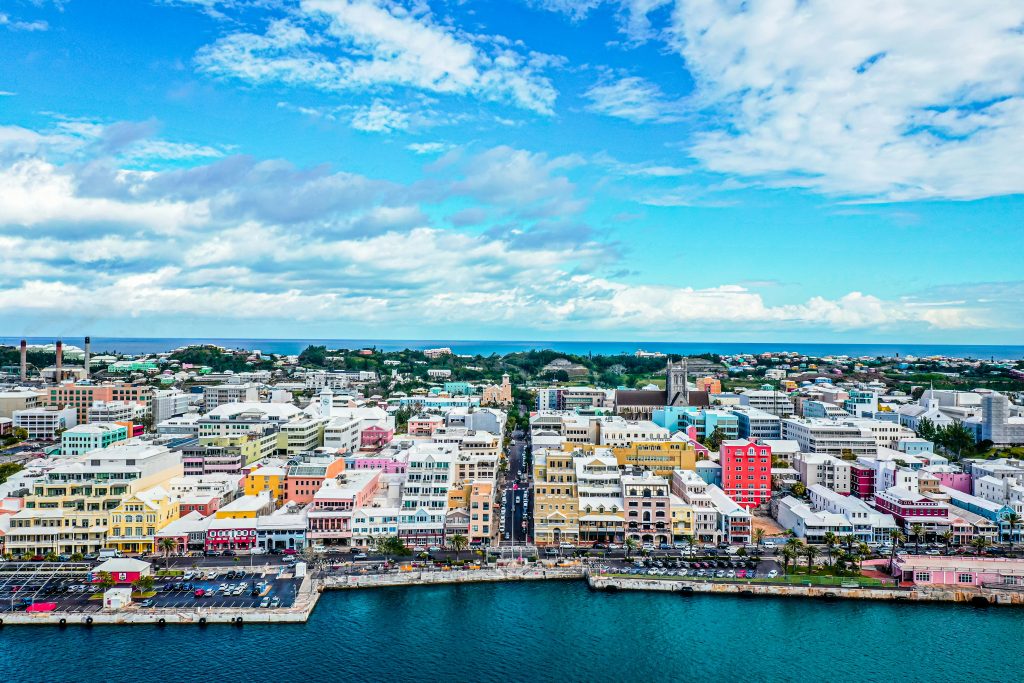
🇧🇸 Bahamas
- Visa Type: BEATS (Bahamas Extended Access Travel Stay)
- Duration: Up to 12 months (renewable)
- Income Requirement: Remote workers and students must show sufficient funds
- Key Benefits:
- Stunning beaches and island lifestyle
- Proximity to the U.S.
- English-speaking with strong tourism infrastructure
- Challenges:
- Expensive compared to other Caribbean destinations
- Hurricane season risks
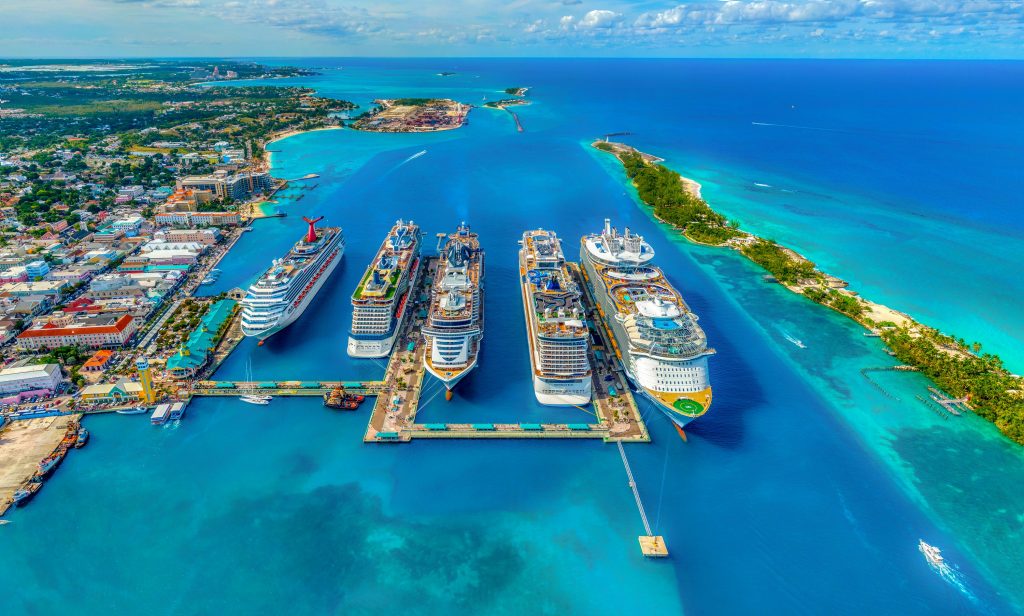
🇦🇬 Antigua & Barbuda
- Visa Type: Nomad Digital Residence (NDR)
- Duration: Up to 2 years
- Income Requirement: At least US$50,000/year
- Key Benefits:
- Longer validity than many Caribbean visas
- English-speaking country with friendly locals
- Attractive lifestyle with 365 beaches
- Challenges:
- Hurricane season exposure
- Cost of goods is higher due to imports
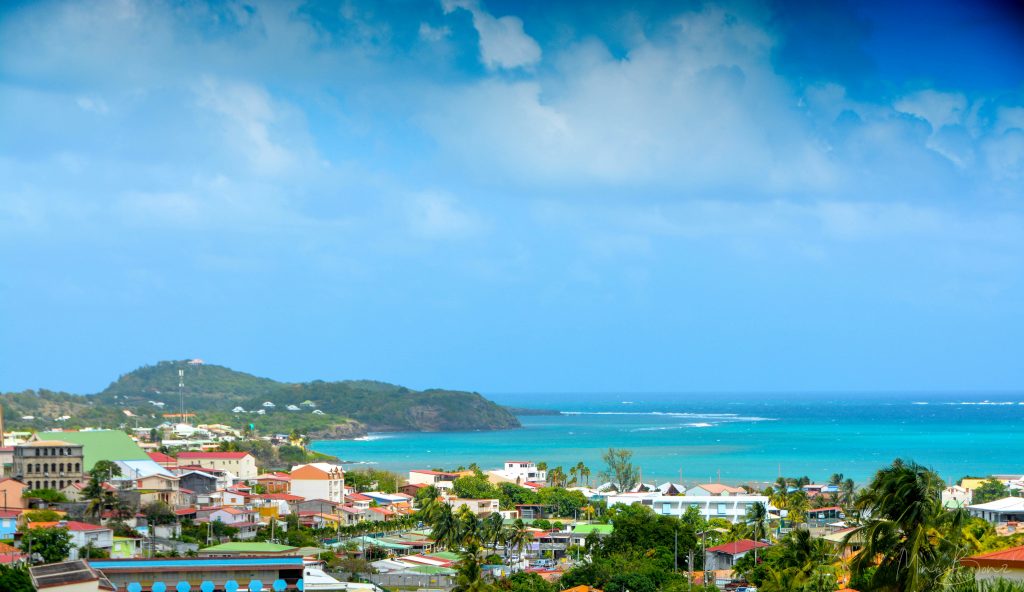
🇩🇲 Dominica
- Visa Type: Work in Nature (WIN) Visa
- Duration: Up to 18 months
- Income Requirement: Remote income and proof of insurance
- Key Benefits:
- Eco-friendly paradise with lush mountains and waterfalls
- Off-the-beaten-path for a quieter lifestyle
- Affordable compared to many Caribbean islands
- Challenges:
- Limited international flight connections
- Infrastructure still developing in some areas
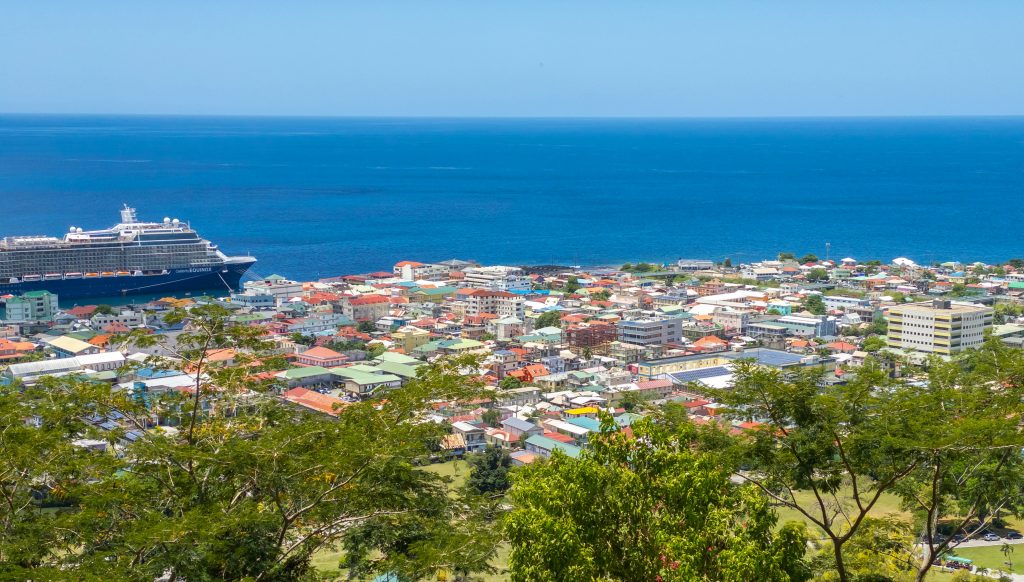
🇨🇼 Curaçao
- Visa Type: @Home in Curaçao
- Duration: 6 months + 6-month extension
- Income Requirement: Remote job or freelance income + insurance
- Key Benefits:
- Dutch Caribbean island with vibrant culture
- Reliable internet and modern services
- Outside the hurricane belt (safer than many Caribbean islands)
- Challenges:
- Import-heavy economy, which raises prices
- Smaller expat ecosystem compared to Barbados
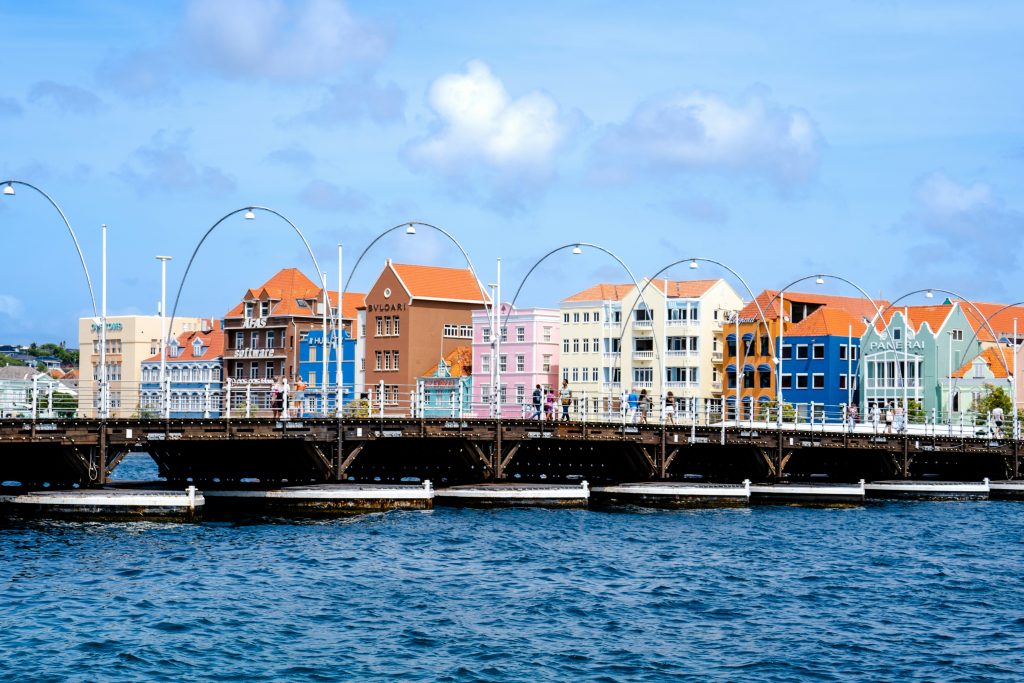
🇲🇸 Montserrat
- Visa Type: Remote Work Stamp
- Duration: 12 months
- Income Requirement: Proof of remote income and insurance
- Key Benefits:
- Small, close-knit community
- English-speaking and safe
- Unique volcanic landscapes
- Challenges:
- Very limited infrastructure and amenities
- Few direct international flights
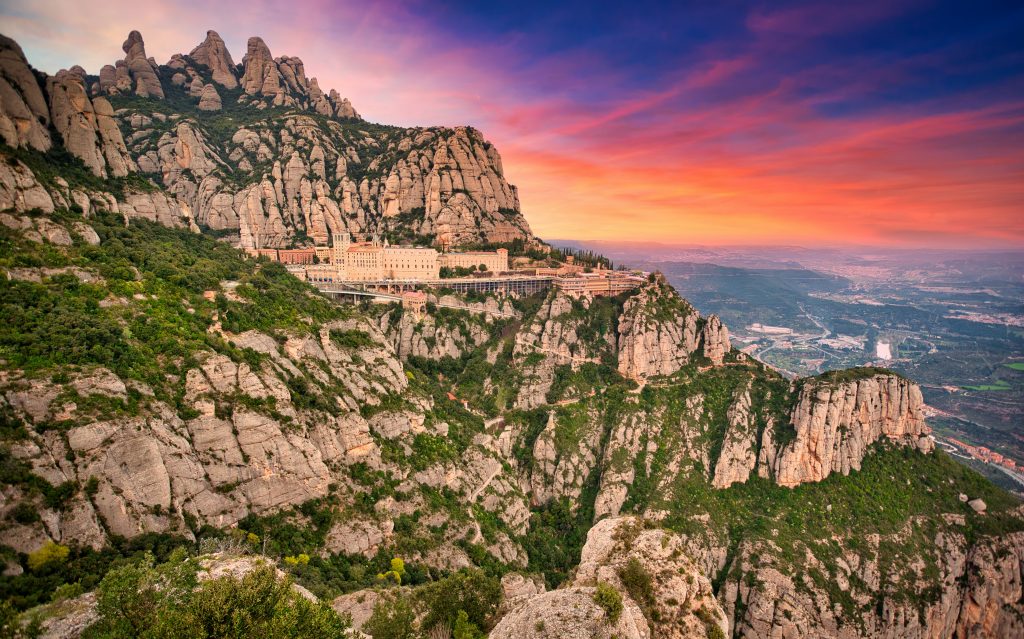
🌍 Other Countries with Nomad / Freelancer Pathways
🇦🇲 Armenia
- Visa Type: No formal DNV, but long-term residency for self-employed or business setup
- Duration: 1 year+, renewable; residency pathways available
- Income Requirement: Proof of income or business activity
- Key Benefits:
- Easy visa processes and affordable costs
- Growing tech/IT scene in Yerevan
- Welcoming to foreigners with residency options
- Challenges:
- Infrastructure is improving but still limited outside the capital
- Geopolitical tensions with neighbors
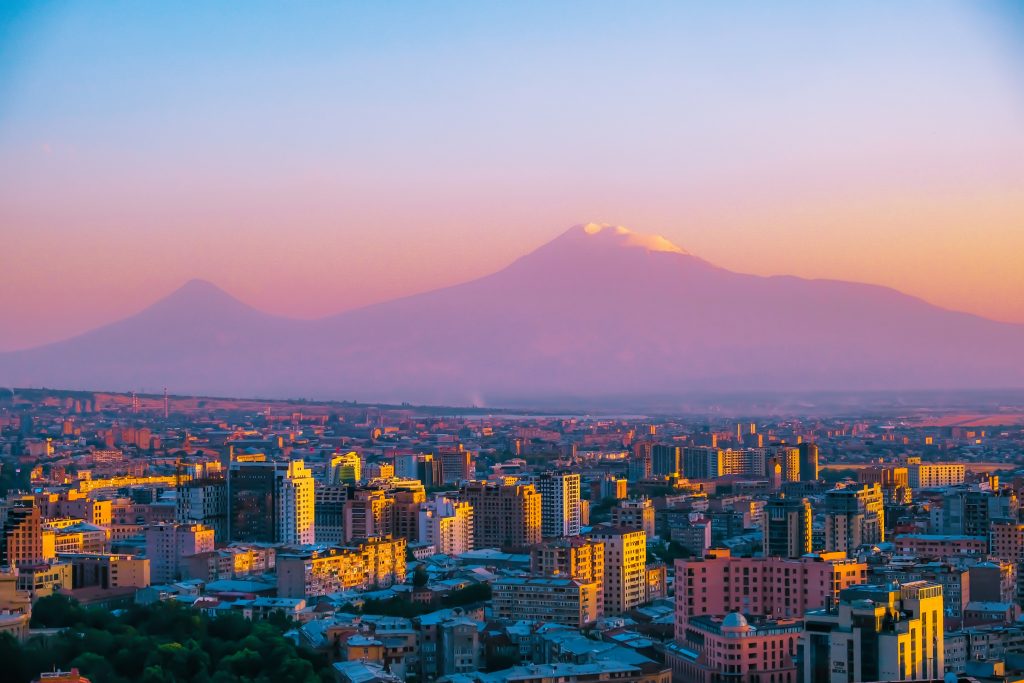
🇷🇸 Serbia
- Visa Type: No official DNV, but long-stay residency permits available
- Duration: Up to 1 year, renewable
- Income Requirement: Proof of income and housing
- Key Benefits:
- Belgrade is a rising nomad hub with low cost of living
- Fast internet and good nightlife/culture
- Centrally located in the Balkans
- Challenges:
- Not in EU/Schengen (so no extra travel benefits)
- Bureaucratic processes can be confusing
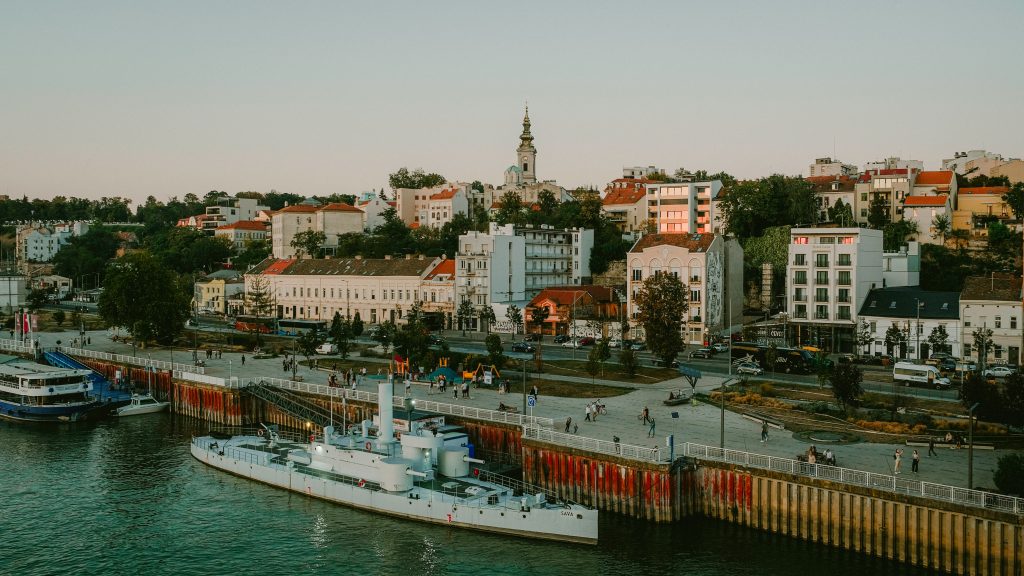
🇦🇩 Andorra
- Visa Type: Residency for self-employed / freelancers (not named DNV)
- Duration: 1 year+, renewable
- Income Requirement: Proof of sufficient income + health insurance
- Key Benefits:
- Tax-friendly microstate between Spain and France
- High standard of living and stunning nature
- Safe and stable environment
- Challenges:
- Small community with limited housing supply
- No Schengen membership (separate entry rules)
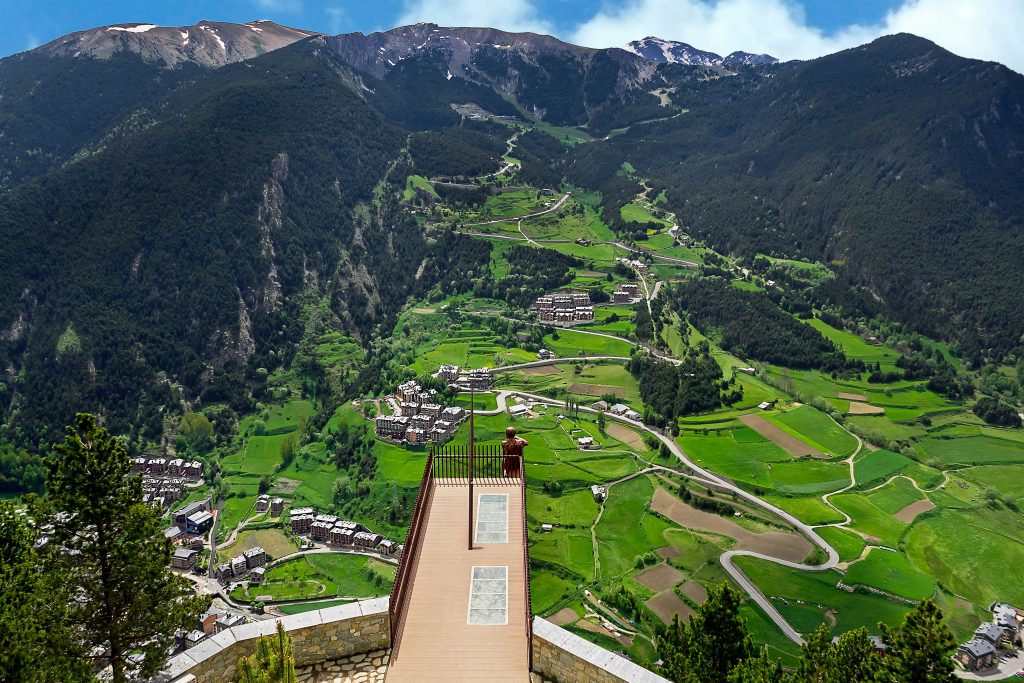
🇧🇿 Belize
- Visa Type: Work Where You Vacation Program
- Duration: Up to 6 months
- Income Requirement: Remote work proof + sufficient funds
- Key Benefits:
- English-speaking Caribbean/Latin hybrid culture
- Affordable compared to many island nations
- Barrier Reef and eco-tourism appeal
- Challenges:
- Short visa duration compared to other islands
- Limited infrastructure for large nomad communities
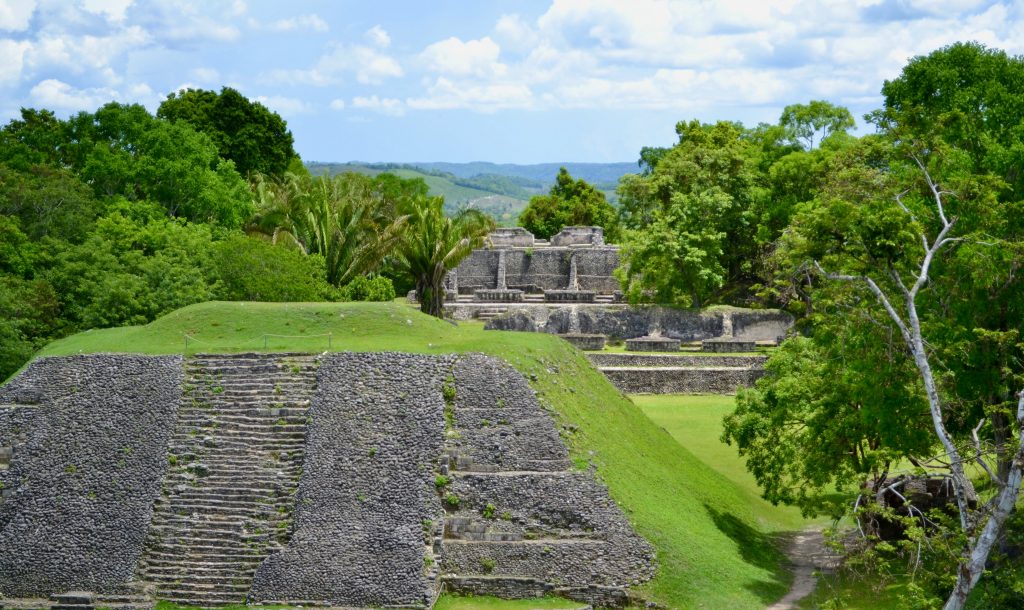
🇦🇷 Argentina
- Visa Type: Digital Nomad Visa (Buenos Aires program launched 2022)
- Duration: 6 months + renewable for another 6 months
- Income Requirement: Proof of remote work + insurance
- Key Benefits:
- Buenos Aires is a cultural capital with low living costs
- Beautiful landscapes (Patagonia, Andes, Iguazu Falls)
- Favorable exchange rates for foreigners
- Challenges:
- Economic instability and inflation
- Visa length is shorter compared to other Latin countries
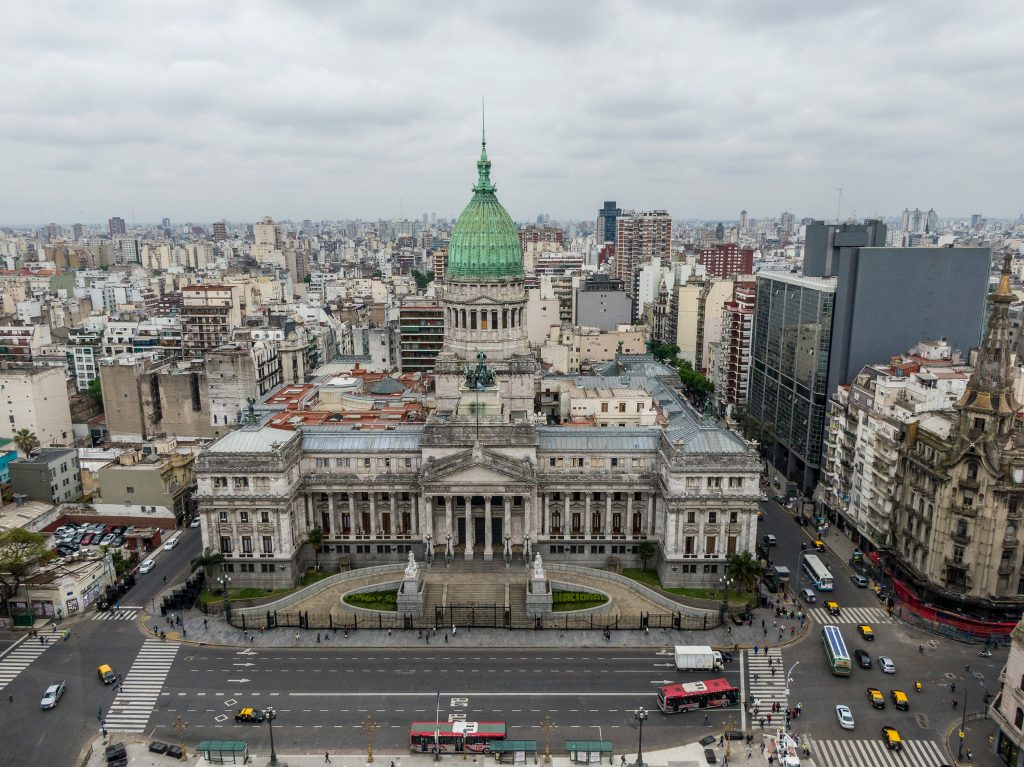
🇰🇾 Cayman Islands
- Visa Type: Global Citizen Concierge Program (GCCP)
- Duration: 2 years
- Income Requirement: $100,000/year for singles; higher for families
- Key Benefits:
- Tax-free lifestyle in a Caribbean paradise
- Safe, English-speaking environment
- Strong financial services hub with excellent connectivity
- Challenges:
- One of the highest income requirements globally
- Very high cost of living
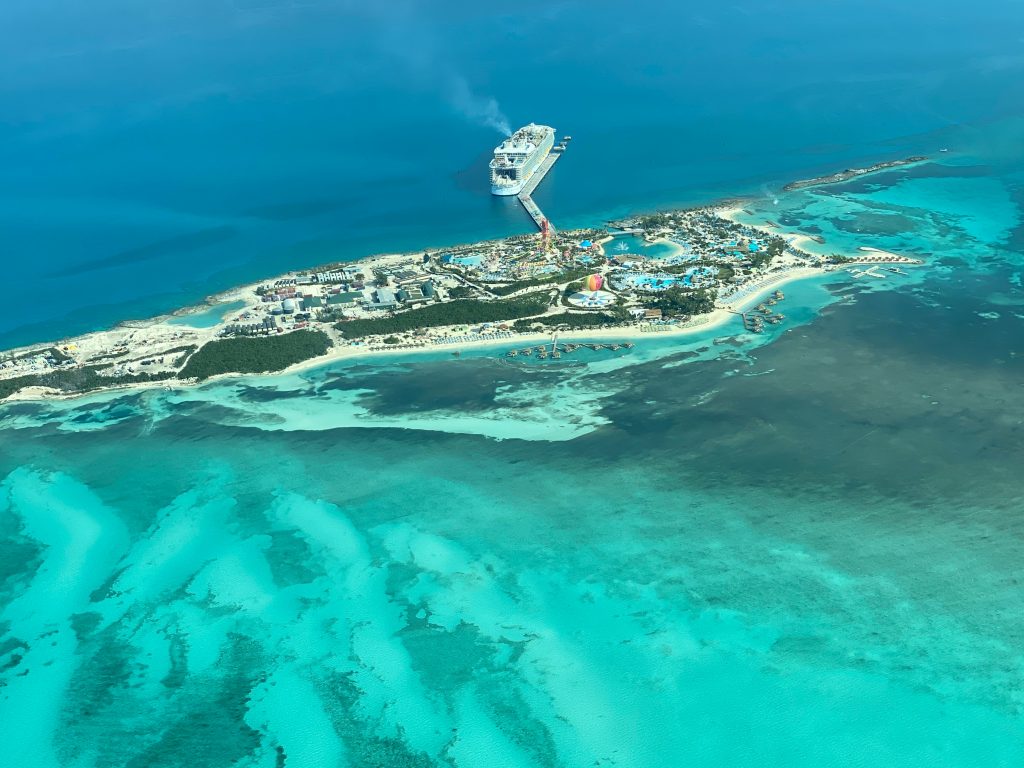
🌍 Digital Nomad Visa Comparison Table (2025)
| Country | Duration | Income Requirement | Visa Type / Notes |
|---|---|---|---|
| 🇪🇸 Spain | 1 year (up to 5) | ~€2,160/month | Startup Act Digital Nomad Visa |
| 🇵🇹 Portugal | 1 year (up to 5) | ~€3,280/month | Temporary Stay / Residence Visa |
| 🇪🇪 Estonia | 1 year | ~€4,500/month | First official DNV (2020) |
| 🇩🇪 Germany | 6m–3y | Proof of income & clients | Freelance Visa (Freiberufler) |
| 🇭🇷 Croatia | 1 year | ~€2,300/month | Digital Nomad Residence Permit |
| 🇬🇷 Greece | 1 year (up to 3) | ~€3,500/month | Digital Nomad Visa |
| 🇮🇹 Italy | 1 year (renewable) | €2,500–€3,000/month | Digital Nomad Visa (new) |
| 🇲🇹 Malta | 1 year (renewable) | €2,700/month | Nomad Residence Permit |
| 🇨🇾 Cyprus | 1 year (up to 3) | ~€3,500/month | Digital Nomad Visa |
| 🇭🇺 Hungary | 1+1 years | ~€2,000–€2,500/month | White Card |
| 🇷🇴 Romania | 1 year (renewable) | ~€3,300/month | Digital Nomad Visa |
| 🇦🇱 Albania | 1–2 years | Proof of funds | Unique Permit |
| 🇮🇸 Iceland | 6 months | ~€6,500/month | Remote Work Visa |
| 🇨🇿 Czechia | 1 year (renewable) | Proof of income/contracts | Freelancer (Živnostenský list) |
| 🇲🇾 Malaysia | 3–12m (renewable) | ~$24,000/year | DE Rantau Pass |
| 🇯🇵 Japan | 6 months | ¥10m/year (~$65k) | Digital Nomad Visa (2024) |
| 🇰🇷 South Korea | 1 year | Above avg. income | Workation Visa (2024) |
| 🇹🇷 Türkiye | 1 year | Proof of employment, degree | Digital Nomad Visa (2024) |
| 🇮🇩 Indonesia (Bali) | 6m–5y | Varies ($130k funds for long stay) | Multiple options (Second Home, etc.) |
| 🇹🇭 Thailand | 5–10 years | $80k+/year for LTR | LTR / Smart Visa |
| 🇧🇷 Brazil | 1–2 years | $1,500/month or $18k savings | Digital Nomad Visa |
| 🇨🇷 Costa Rica | 1–2 years | $3,000–$4,000/month | Rentista / Remote Worker Visa |
| 🇲🇽 Mexico | 1–4 years | ~$2,600/month or $45k savings | Temporary Resident Visa |
| 🇦🇪 UAE | 1 year (renewable) | $5,000/month | Virtual Work Residence Visa |
| 🇵🇦 Panama | 9m + 9m | ~$3,000/month | Remote Worker Visa |
| 🇨🇴 Colombia | Up to 2 years | ~$900/month | Digital Nomad Visa (Type V) |
| 🇪🇨 Ecuador | 2 years | Proof of stable income | Remote Work Visa |
| 🇦🇷 Argentina | 6m + 6m | Proof of remote work | Buenos Aires Digital Nomad Visa |
| 🇧🇧 Barbados | 12m | $50k/year | Welcome Stamp |
| 🇧🇲 Bermuda | 12m | Proof of income & insurance | Work From Bermuda Certificate |
| 🇧🇸 Bahamas | 12m | Proof of funds | BEATS Program |
| 🇦🇬 Antigua & Barbuda | Up to 2 years | $50k/year | NDR Program |
| 🇩🇲 Dominica | 18 months | Proof of income | Work In Nature Visa |
| 🇨🇼 Curaçao | 6m + 6m | Proof of income | @Home Curaçao |
| 🇲🇸 Montserrat | 12m | Proof of funds | Remote Worker Stamp |
| 🇨🇻 Cabo Verde | 6m (renewable) | Proof of funds | Remote Working Program |
| 🇸🇨 Seychelles | 1 year | Proof of funds | Workation Program |
| 🇲🇺 Mauritius | 1 year (renewable) | Proof of funds | Premium Visa |
| 🇿🇦 South Africa | Up to 3 years | ~ZAR 1m/year | Remote Work Visa |
| 🇳🇦 Namibia | 6m | Proof of funds | Digital Nomad Visa |
| 🇦🇲 Armenia | 1y+ (residency) | Proof of funds | Residency path for freelancers |
| 🇷🇸 Serbia | 1 year (renewable) | Proof of income | Long-stay permit |
| 🇦🇩 Andorra | 1y+ (renewable) | Proof of funds | Residency path |
| 🇧🇿 Belize | 6m | Proof of income | Work Where You Vacation |
🧭 Final Thoughts
With more than 50 countries worldwide offering some form of digital nomad or freelance visa, remote workers now have an unprecedented level of freedom. Whether you’re looking for a tropical island with turquoise seas, a historic European city, or a low-cost base in Latin America, there’s an option for every lifestyle.
The right visa for you will depend on:
- Your monthly income (thresholds range from $800 in Colombia to $10,000 in Japan)
- Desired duration (short stays vs. 2–5 year permits)
- Tax obligations (some countries exempt foreign income, others don’t)
- Family inclusion (important if you’re traveling with dependents)
The digital nomad lifestyle is now more accessible than ever. With careful planning and the right visa, you can turn the world into your home office.


